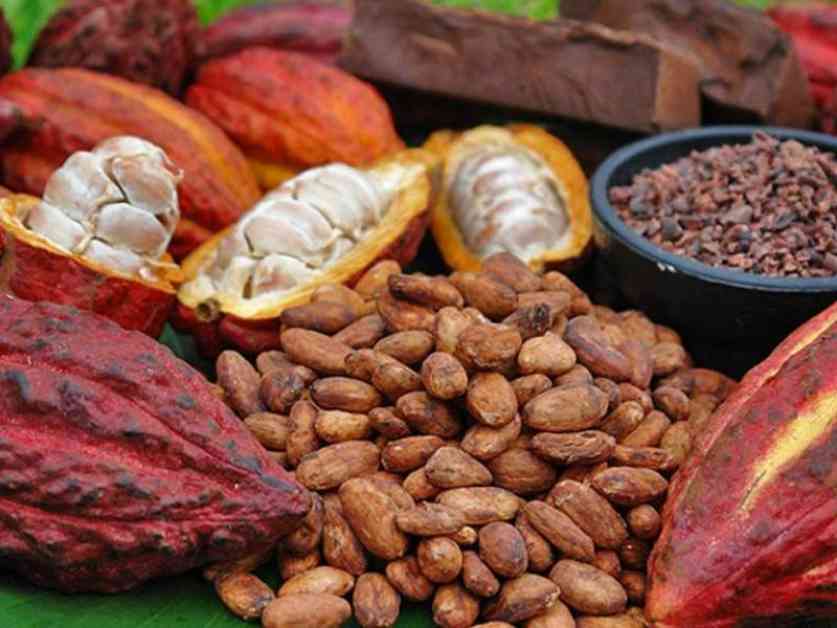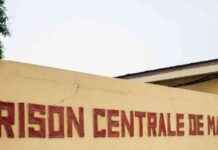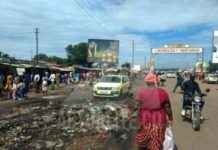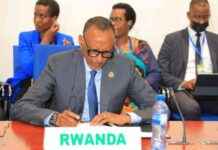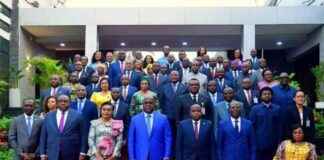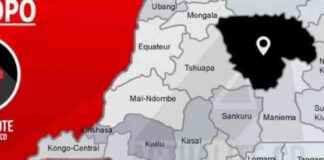RDC’s Ambitious Strategy for Agricultural Dominance
In a bold move to establish itself as a key player in the global coffee and cocoa markets, the Democratic Republic of Congo (RDC) is leveraging its vast arable land and organic certification to propel its agricultural sector to new heights. With an estimated 80 million hectares of arable land and an existing organic certification, the RDC is aiming to revolutionize the coffee and cocoa industries on a global scale.
Minister’s Vision for Economic Growth
During a recent briefing in Kinshasa, Julien Paluku, the Minister of Foreign Trade, emphasized the economic opportunities presented by the coffee and cocoa sectors and outlined the government’s plans to maximize their potential. Paluku stated, “Today, we produce between 100,000 and 200,000 tons of cocoa per year, but our ambition is clear: to reach 3 million tons by 2030.” This growth could generate up to $30 billion in annual revenue, helping to diversify the country’s economy, which is currently dominated by the mining sector.
Quality and Demand for Congolese Products
Congolese cocoa and coffee are highly sought after for their quality, being cultivated organically without the use of chemical fertilizers on naturally fertile lands. These products have caught the attention of chocolatiers and roasters worldwide, particularly in Europe and Asia. In 2022, the RDC ranked as the second-largest exporter of organic cocoa in Africa, with 10,869 tons shipped. Initiatives like the “Cacao Tshopo” project aim to develop an international label for the region, enhancing local production and traceability efforts.
Unlocking Untapped Potential
With a clear distinction between its 155 million hectares of tropical forest and 80 million hectares of arable land, the RDC possesses vast untapped potential. Minister Paluku highlighted the country’s non-forest arable lands, exceptional biodiversity, and motivated producers as key factors for success. The country’s low annual deforestation rate of only 0.03% challenges misconceptions about agricultural practices in the region.
Through the establishment of special economic zones (SEZs) in Musienene and Maluku, the RDC aims to boost local agricultural product transformation efforts. Minister Paluku emphasized the importance of local processing to enter new markets, create jobs, and strengthen the local economy.
In the face of uncertainties surrounding European deforestation standards, Kinshasa is diversifying its market access by rejoining the African Growth and Opportunity Act (AGOA) and exploring opportunities in the US, Chinese, and Indian markets. By focusing on enhancing infrastructure, supporting producers, and promoting products internationally, the RDC is striving to become a global leader in the coffee and cocoa sectors. Minister Paluku highlighted the immense potential in catering to the growing demand for organic coffee and cocoa globally, urging the country to position its products strategically to capitalize on this trend.
